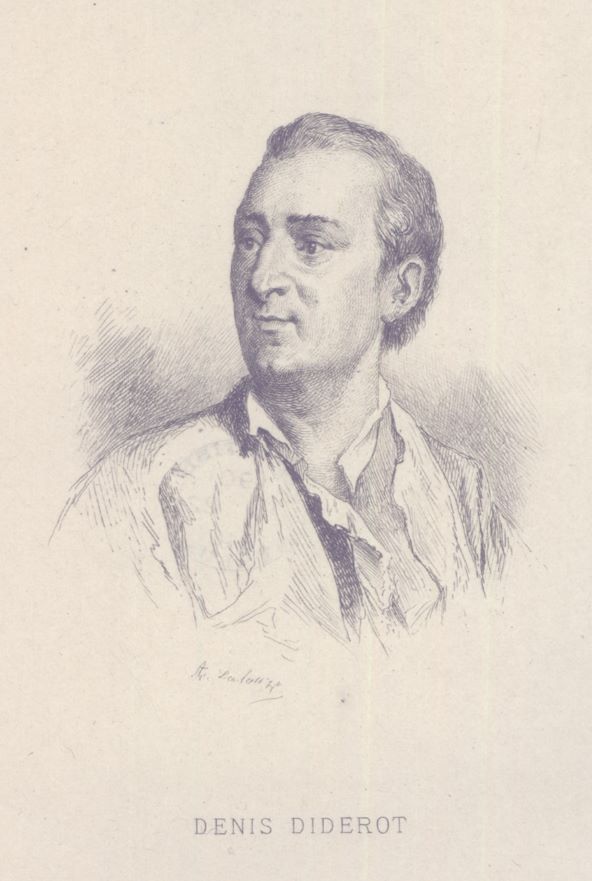Liberty Matters
Regarding Political Esotericism

Kent prods the rest of us to take up the topic of political esotericism in the Encyclopédie. Without going all-in on the term, I think it is worth considering specifically in relation to the "Jaucourt-Montesquieu" pairing that came up earlier in our conversation; that is, as Hank puts it, whether "Montesquieu has been radicalized in the process of being [selectively] quoted" by Jaucourt. As Hank points out, Jaucourt "piles on in his veiled critique of the current government." Jaucourt performed a similar move in his article on toleration, which almost entirely quoted from Locke's Letter on the subject but, crucially, without the famous passages about not extending such toleration to atheists or Catholics. Locke was certainly "radicalized" by Jaucourt in this manner. Moreover, Jaucourt, and thus the Encyclopédie,championed religious toleration, which was certainly a subversive political value in a France that at the time officially had no Protestants and where "une foi, une loi, un roi" (one faith, one law, one king) remained a traditional adage of the monarchy. In addition to the subversive content itself, does the act of "radicalizing" well-known texts through selective quotation make these contributions even more radical as a form of "political esotericism"? And what does that tell us about the overall political project of the Encyclopédie?
Copyright and Fair Use Statement
“Liberty Matters” is the copyright of Liberty Fund, Inc. This material is put on line to further the educational goals of Liberty Fund, Inc. These essays and responses may be quoted and otherwise used under “fair use” provisions for educational and academic purposes. To reprint these essays in course booklets requires the prior permission of Liberty Fund, Inc. Please contact oll@libertyfund.org if you have any questions.